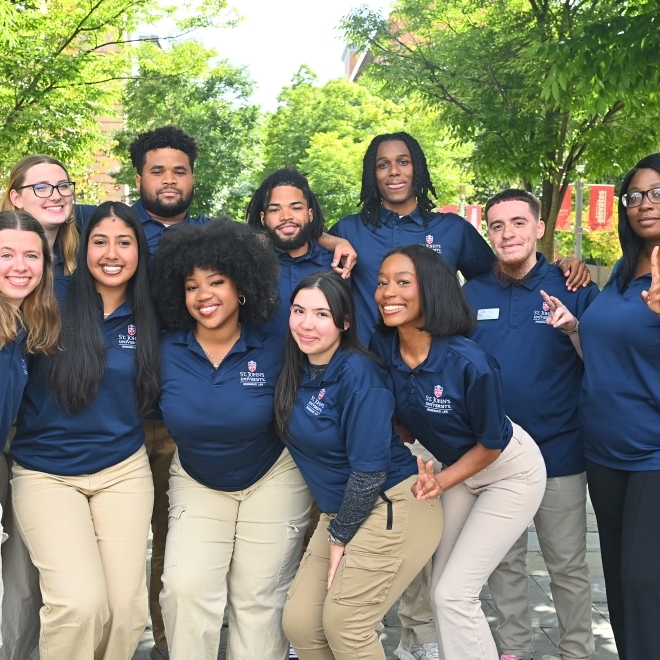The Johnnies Blog
Welcome to Johnnies Blog—your essential guide to college. From making friends and navigating New York City, to building a career-ready degree, our student stories and expert advice bring the college experience to life. Whether you’re exploring majors, planning to apply, or seeking support for a balanced and purposeful college journey, we’re here to inform, inspire, and connect you every step of the way.
No stories found matching your search.

